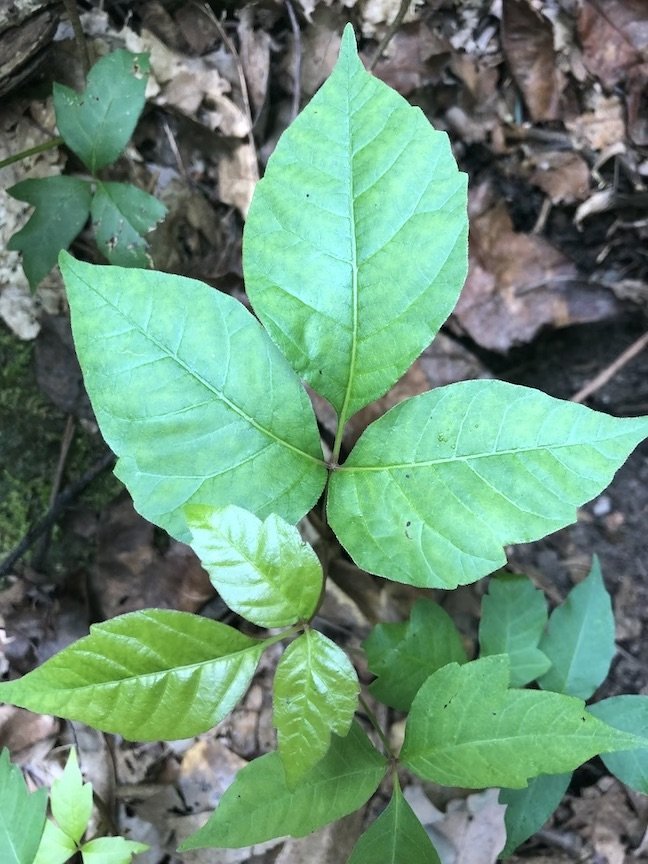Poison ivy control tip from gardener is safe and inexpensive
Any gardener allergic to poison ivy can relate to Kathy Bylinowski of Sarver. “I always garden in long sleeves and pants and always with gloves, but I still manage to get it,” she says with a sigh about the rash.

As long as she can remember it’s been a problem. “I actually had to be hospitalized one time I had it so bad, she recollects, also enduring the nickname “Poison Ivy Girl” in school. Back then the doctor would give Bylinowski shots to try and build up immunity against the weed’s oils. “It didn’t seem to work for me, she says, so I stopped getting them.”
Over the years she’s tried just about everything, applying preventative products, using ivy soups, calamine lotion and more. “It’s horrible, she adds, I get it on one part of my body and it just spreads.”
For many years she has raised sheep on the 14-acre farm, but has slowed down a little at 64 after some back surgeries. There are four sheep left to keep the pasture from going wild, they were the key to solving her problem.

Bylinowski had something called OB gloves on hand for when the sheep were having lambs, just in case she had to help out with the birth.

“It was a dumb accident,” she says with a chuckle about finding a solution to the problem. “I was pulling weeds, noticed the poison ivy and I thought, let me try these gloves.”
They are inexpensive, disposable and go all the way up to the shoulder for great protection. When discovering poison ivy, she puts a pair on over her regular garden gloves, pulls the vine or leaves and then turns the glove inside out on the weed to safely remove it from the garden.

Her sister uses the trash bag method which is similar, but more cumbersome, Bylinowski says.
The gloves are available locally at farm-based stores or online and can be found in lots of 100 or less for under $20. “This is going to protect me completely,” she says happily of the gloves.
Bylinowski’s love of gardening can be traced back to her mother, who cared for her when suffering with the effects of poison ivy. “Mom was a member of the Brentwood Garden Club,” she says proudly. “We just had a small plot, but mom wanted one of everything.” Inside the home was filled with houseplants, she added.
At her farm, Bylinowski’s vegetable garden is the same plot she started 33 years ago. The ground is fertile after decades of applying sheep manure to the beds. “The perennial gardens expand every year,” though she says, adding her beloved phlox, coneflower and other plants. “It’s just something I’ve always enjoyed, she says of gardening, and my husband puts up with,” she adds laughing.
It’s not just Bylinowski who inherited the gardening gene, all of her siblings came down with the gardening bug, passed on by their mother. “We always say, ‘mom would be so proud. She would have loved what everyone’s done, we all do it in her memory.’”

In Bylinowski’s perennial garden is a treasured plant. “In bloom right now, I have a hibiscus that was the last plant my mom gave me, it’s beautiful,” she says. “Every year I wait for it, and every year I think of my mom.”

